This Substack is taking an interesting turn. Much to my surprise, my more substantial, thoughtful pieces are doing better than anything else. And I'm not sure why. I have some theories, of course. One is that we are so awash in trivial content all day long that there is a real hunger for something deeper. Two, is that whenever you are writing to the deepest part of yourself you are, necessarily, writing to the deepest part of everyone. We are none of us very different. No matter what the people in the selling stars to Sneeches business would have you believe.
And as good as those theories sound, I still worry that I'm just fooling myself. After all, most people are in one way or another. On some level, we are all bald men clinging to an ill-advised comb-over.
When wrote the Seanachai, I was covering up a lot of insecurity with humor. Who was I to have anything to say? Why would anyone want to listen? So, as a defensive mechanism, I realized that I could be funny or weird, and at least that would be something. That temptation is still there, believe me.
Once upon a time, a famous department store had a window display that featured a box of dancing ducks. How clever, people thought. People would see them and stop and think, how clever someone has trained these ducks to dance. But the reality was that someone had just placed a hot plate underneath the ducks. And when they turned the heat up, the ducks would appear to dance because their feet were getting burned.
They weren't dancing, they were in pain.
In my darker moments, I wonder if I am not something of a duck on a hot plate. I mean, I'm trying to dance (metaphorically speaking) but maybe I'm just convulsing, artlessly, to relieve pain.
Something of an argument against this idea is that the poor ducks never asked themselves these kinds of questions. Or tried to fool themselves into thinking that they were practicing any kind of art. Animals always seem to be doing exactly what they are doing, with a kind of effortless Zen mastery. It's dignity of a sort and it is why I am certain it's wrong to be cruel to animals.
But, as the days grow longer and darker, I have to ask myself. What the hell am I doing with these essays? What kind of half-assed, amateur philosopher do I think I am? Wrestling with topics that are far too big for me. Virtue? You jackass! What do you know about virtue? You might fool the rubes, but you know, deep down, you are no paragon.
But, another voice answers, who is a paragon? And these are topics that are too big for anyone. See how the greatest minds in history have wrestled with these subjects and have almost always failed. For the rare bright light in any field, how many confused, fractious charlatans are there clawing towards knowledge and failing to obtain. Taken en masse the history of intellectuals is a plague of sophists only redeemed by the occasional genius who seems as infrequent as they are indispensable. And true genius is almost always mocked and persecuted. At least at first.
But still, I imagine that all of those thinkers, sophists and genius alike, might read this essay and say, "Look, the foolish duck thinks he is dancing."
Is what I am doing, at best, nothing more than an intellectual entertainment? Perhaps. But it's hard to see what could be wrong with that. And, in P.T. Barnum fashion, the larger the problem attempted, the greater the promotional value. "Amateur Philosopher Wrestles Eel" is not as good as "Amateur Philosopher Wrestles Grizzly Bear."
"That fool doesn't stand a chance. Where do I get my ticket!"
My point is that we are all Amateur Philosophers out of necessity. And we are all wrestling with Grizzlies of Hideous Complexity. Nobody else can decide what your life means for you. And why it is worth living. To give that power over to another person, or worse an ideology is to build your house on flimsy stilts in a salt marsh. The hurricane is coming and it will all be blown out from underneath you. Leaving you to either do the work or have it all knocked out from underneath you again.
Of course, you can and should consult many sources. There have been many brilliant thinkers. But the thing to do is not to memorize their conclusions, but to learn how they thought -- to steal some part of their method for your own. True leaps of genius are irreducible. They aren't tricks. Some people just see farther. But there are a lot of useful tools that you can learn and use. Logic is one of them. And you can certainly learn from another's mistakes.
So if nothing else, I think seeing me get mauled by a grizzly of my own choosing -- wrestling questions like, "What is Honesty?" or "What is the good life?" is useful, especially if I can make the whole affair entertaining, rather than boring or pedantic.
I firmly believe that these are questions we all should spend time thinking about. This was a function that the Church fulfilled in the West. For all the faults that religion may have, the custom of spending a few hours every week connecting with your neighbors and contemplating what might make life better sounds like an indispensably fantastic idea.
It's important not to blame the idea when an execution goes awry. Whattya want, perfection? Out of the crooked timber of humanity, no straight thing was ever made.
So as my metaphorical webbed feet slap across the keyboard. I feel vindicated for my strange, intellectually convulsive behavior. And oddly prepared for it. However dubious my pedigree may be for the task at hand, I have made sacrifices to spend a lot of my time reading and thinking.
I've always been a bit skeptical about the claims you run into in Aristotle and Plato, suggesting that the life of philosophy is the best life. I certainly enjoy thinking and reading and discussing, but the statement always struck me like something a truck driver who missed his family dearly would say to you from the next booth at a diner. "Being on the road is the best thing ever!" The question to ask is, who is he really trying to convince?
I also love this quote from Cicero, “If you have a garden and a library, you have everything you need.” Cicero had those things but was also the greatest orator of his day. He was famed for arguing cases and making speeches in front of the Senate. He served as Consul and was the Governor of what is now Turkey. He successfully led legions in battle against the Parthians in Syria. And fought a losing struggle to preserve the Republic in the Roman Civil War. If all this man really needed was a library and a garden, he could have just stayed home.
And in that, I think, is the point of this odd little essay. We all struggle. And we all learn from the struggles of others. There are some problems of our nature that may just be irreconcilable. But that's scarcely a reason to give up. Because it's hard to know which problems can be solved and which ones can't. And if we give up without a fight -- if we accept the world as it is given to us -- then we don't do things like invent geometry or the alphabet or write songs or essays or poems or build cathedrals or paint paintings. We become thoughtless, reactive. We become truly, little more than ducks on the department store hot plate of life.
But I am not a duck. And, neither, I think, are you.


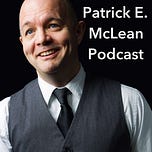

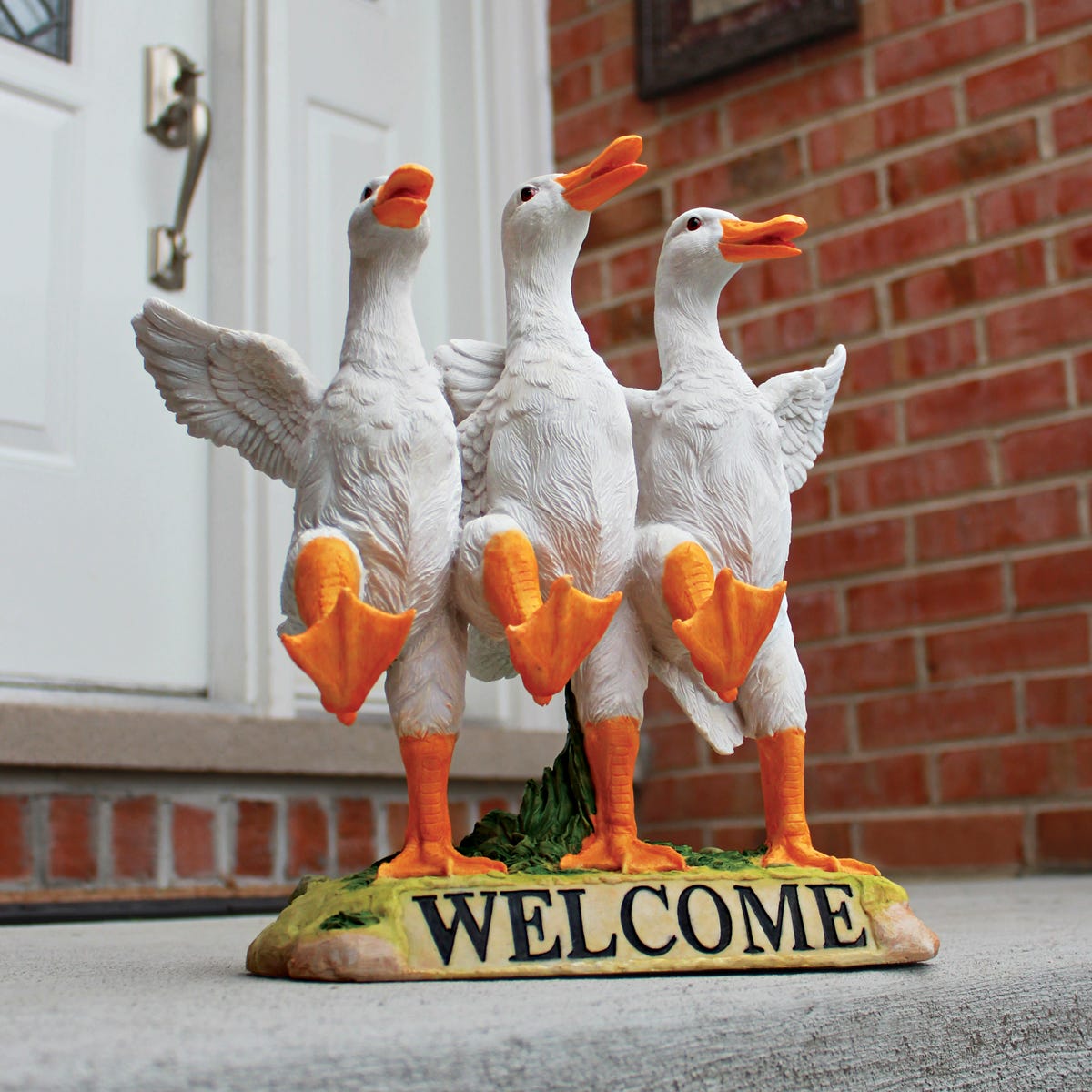


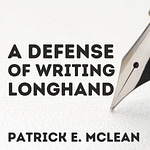


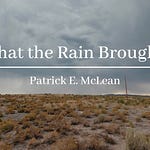
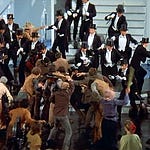


Share this post